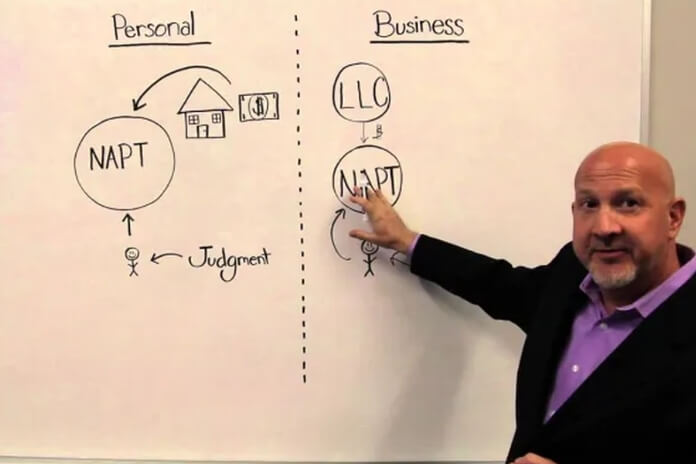Over the years, I’ve been asked a number of times: “If I put my home into a trust, will I lose my exclusion on the gain of the sale of my home?” The answer is no you won’t, as long as you otherwise qualify for the exclusion (namely that you meet the residing in the home time requirements) and your Trust meets the conditions hereinafter discussed:
With regard to a residency owned by a Trust, the applicable U.S. Treasury Regulation at 26 C.F.R. 1.121-1(c)(3)(i) states that, if a residence is owned by a trust, for the period that a taxpayer is treated under sections 671 through 679 (relating to the treatment of grantors and others as substantial owners) as the owner of the trust or the portion of the trust that includes the residence, the taxpayer will be treated as owning the residence for purposes of satisfying the 2-year ownership requirement of section 121, and the sale or exchange by the trust will be treated as if it was made by the taxpayer.

Thus, a revocable living trust would clearly not disqualify the tax exclusion on the gain of from a sale or exchange of property owned by the revocable living trust. Likewise, a residence that is owned by a Nevada Asset Protection Trust or Nevada Real Estate Trust would also not disqualify the taxpayer from the tax exclusion on the gain from a sale or exchange of the residence that is owned by these types of trusts, as long as they are established and maintained as a “grantor trust”.
Ordinarily, the Nevada Asset Protection Trusts and Nevada Real Estate Trusts that R.D. Johnson Law Offices, LLC creates for its clients are intentionally established so as to be treated as “grantor trusts” for U.S. taxation purposes. With a grantor trust, the income or loss of the Trust “flows through” and is attributed to the grantors (a/k/a: the people that established the trust) for federal taxation purposes, even though the trust may often have it’s own EIN (U.S. taxpayer I.D. number).





